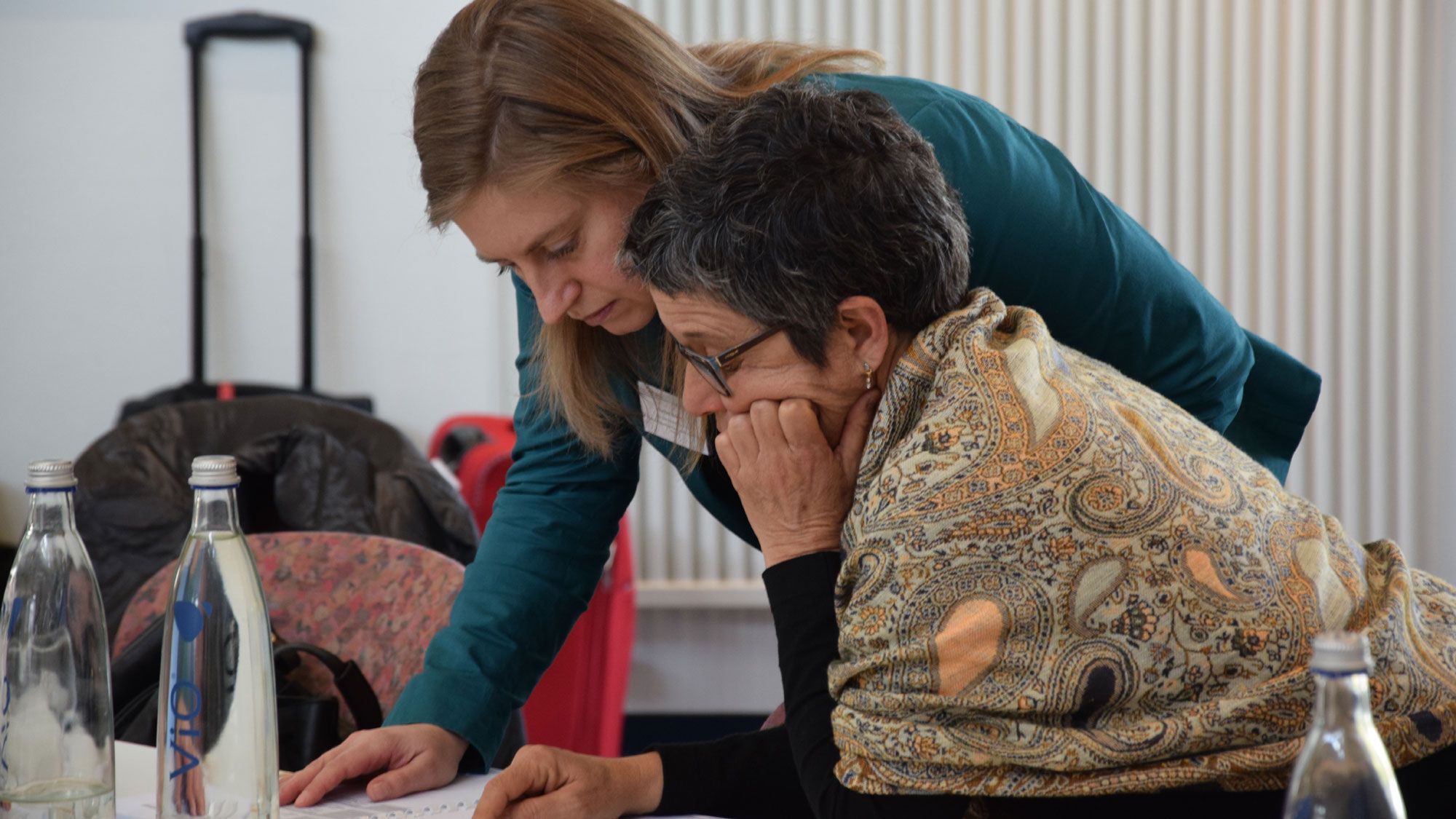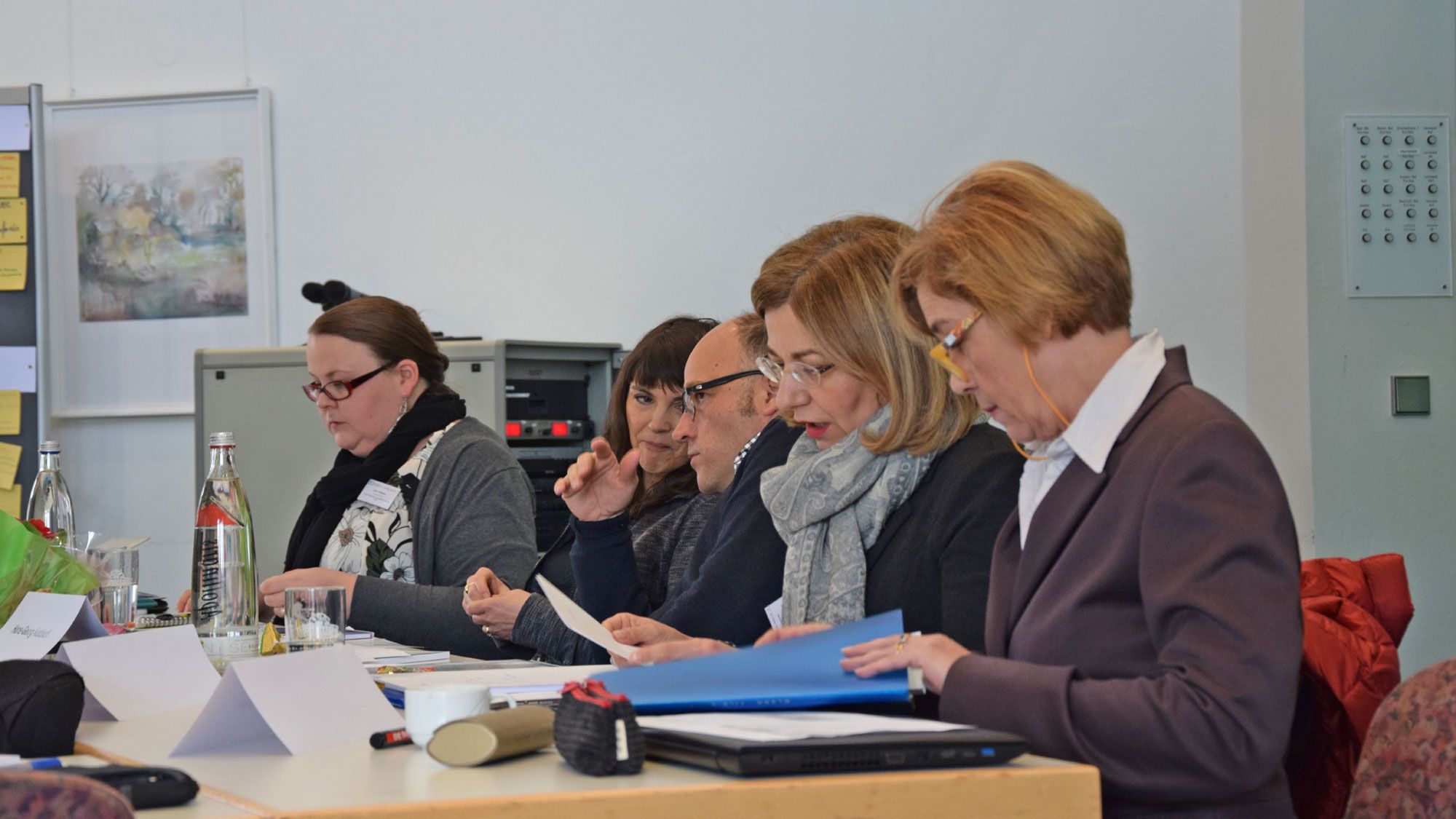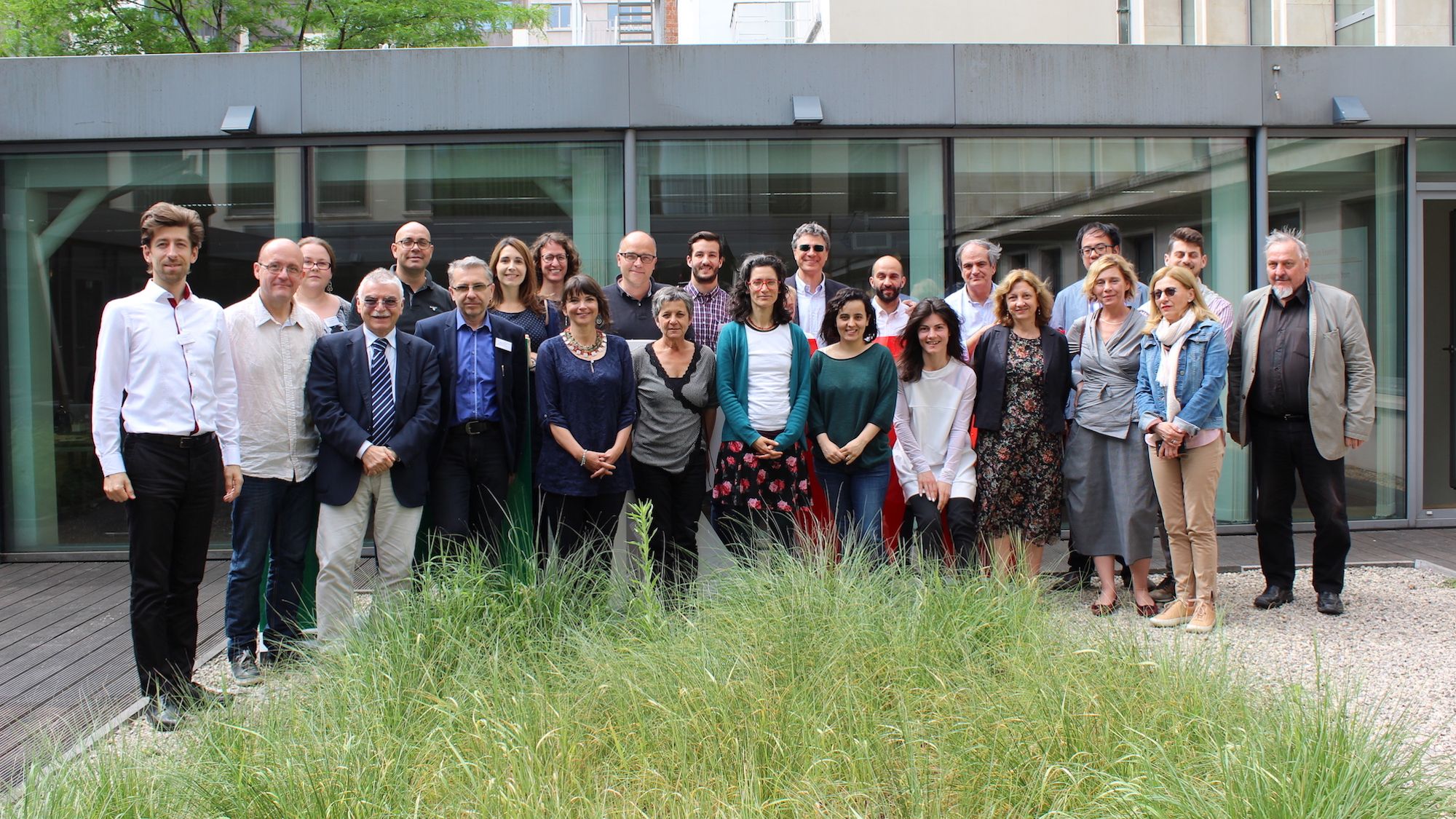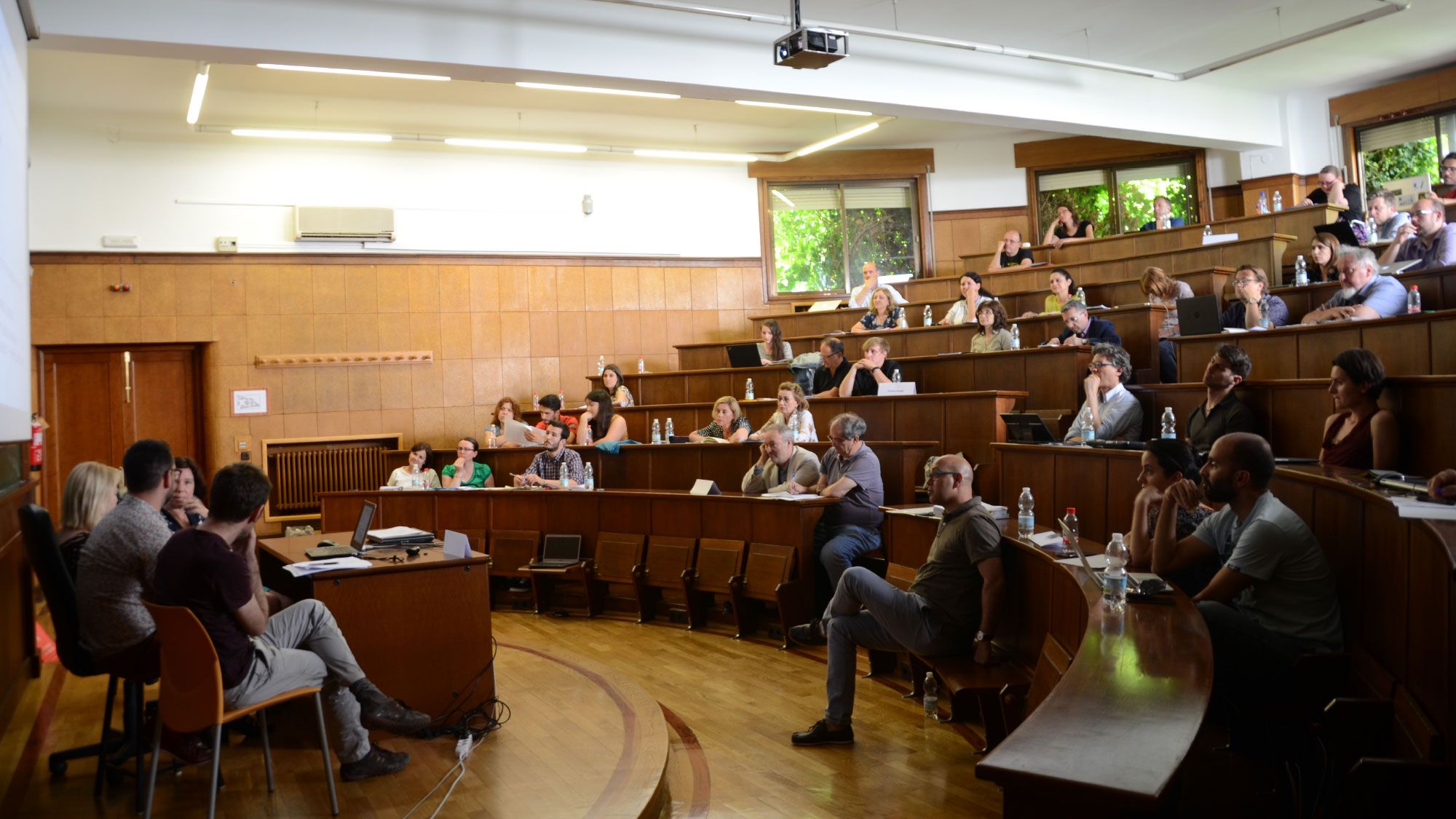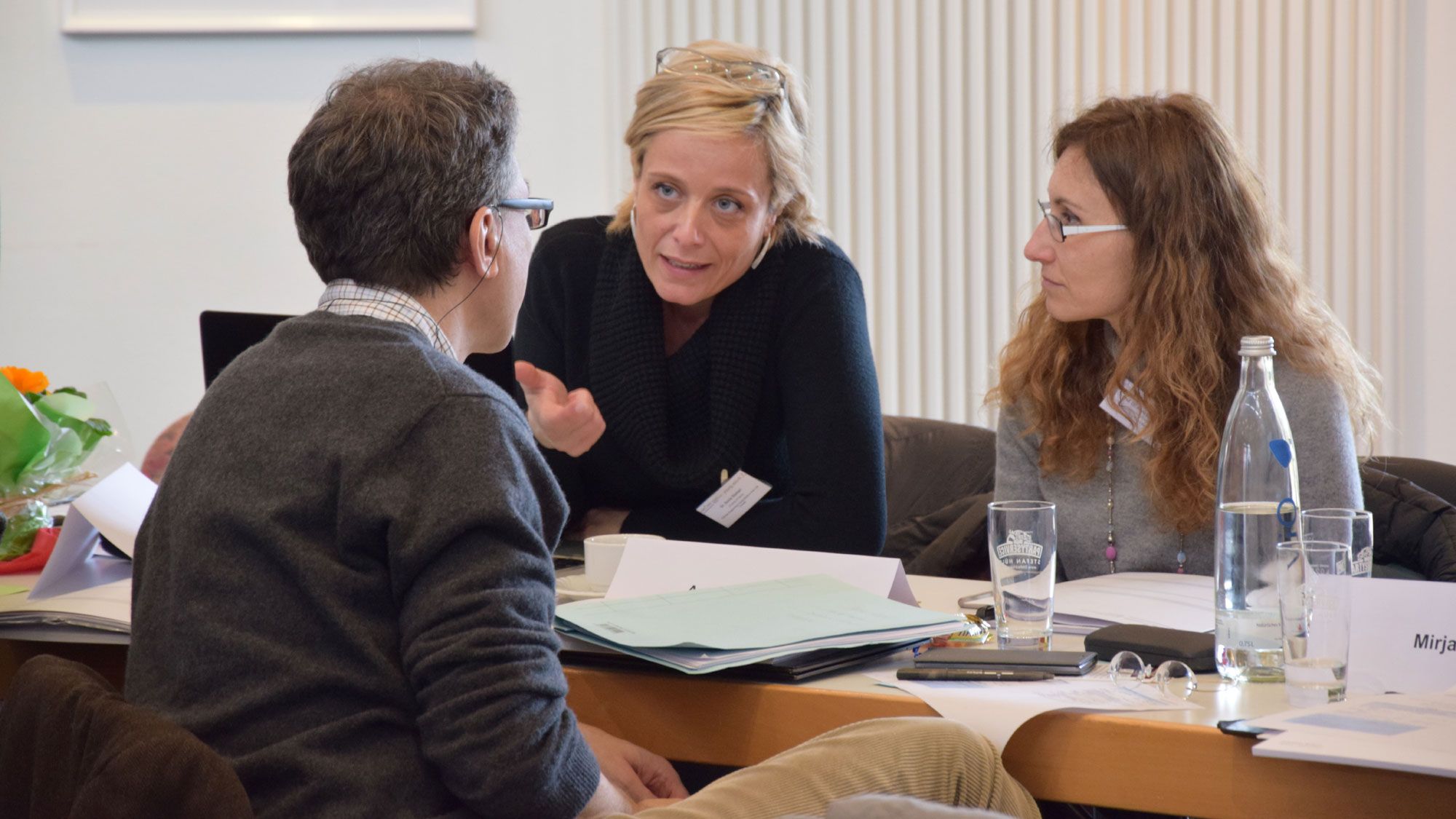Context
Throughout Europe, young adults face difficulties in their transition from schooling to working life. A large number of young people leave formal education either too early or are lacking the necessary and adequate qualifications and skills for a successful entry into the labour market. This has severe impacts both at individual and societal levels in terms of personal and economic growth as well as in terms of social inclusion and cohesion.
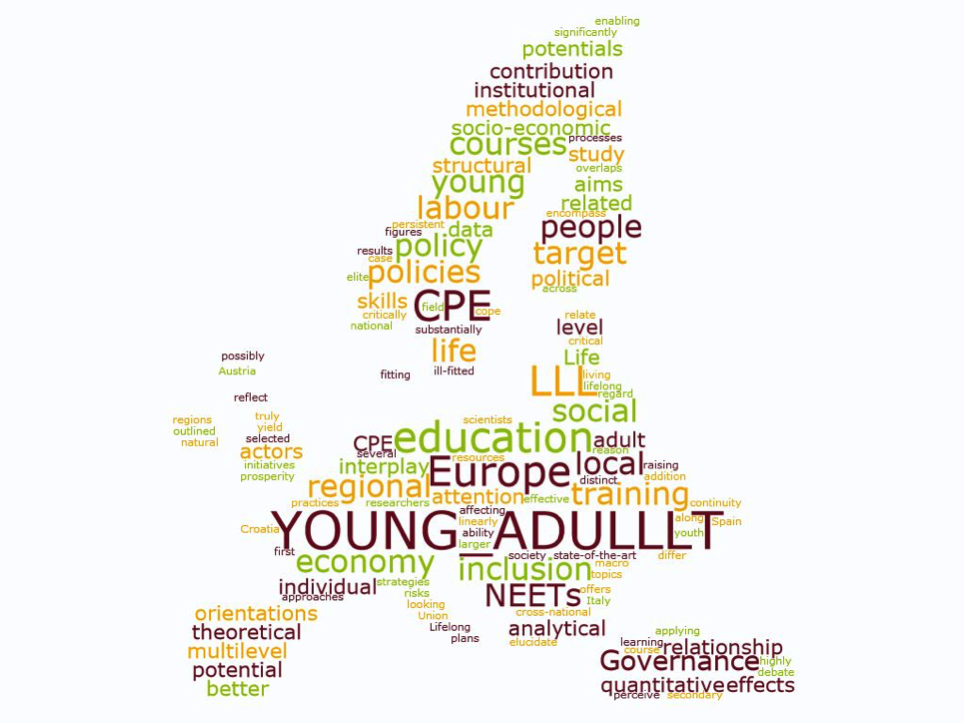 Moreover, the social and economic situations and environments of young adults across Europe, and even across regions, vary substantially in terms of specific living conditions, levels of participation, individual perceptions and life projects. These differing living conditions pose differing challenges for young adults who have to cope with societal needs and expectations. Thus, not only these expectations vary according to the context, but also how young adults as a group are perceived and understood. While an age-based or institutionally defined characterisation of ‘young adults’ – for instance, from age 18 or after leaving initial education and training – and of those young adults in ‘vulnerable’ situations – for instance, young people from migration background, females in certain professions – might be practical for some reasons, it also conceals important differences across subgroups and geographical regions. These contexts have to be taken into account when enabling young people to develop sustainable life projects. In the wake of the financial crisis of 2007/2008 the impacts on the social and economic situations of young people have become more pressing, resulting in many regions in high unemployment rates, which calls for a reassessment of the existing policies targeting young adults.
Moreover, the social and economic situations and environments of young adults across Europe, and even across regions, vary substantially in terms of specific living conditions, levels of participation, individual perceptions and life projects. These differing living conditions pose differing challenges for young adults who have to cope with societal needs and expectations. Thus, not only these expectations vary according to the context, but also how young adults as a group are perceived and understood. While an age-based or institutionally defined characterisation of ‘young adults’ – for instance, from age 18 or after leaving initial education and training – and of those young adults in ‘vulnerable’ situations – for instance, young people from migration background, females in certain professions – might be practical for some reasons, it also conceals important differences across subgroups and geographical regions. These contexts have to be taken into account when enabling young people to develop sustainable life projects. In the wake of the financial crisis of 2007/2008 the impacts on the social and economic situations of young people have become more pressing, resulting in many regions in high unemployment rates, which calls for a reassessment of the existing policies targeting young adults.
Numerous yet fragmented education policies and initiatives in the field of Lifelong Learning (LLL) have been set up to support young adults in these precarious situations. These policies aim at economic growth and social inclusion at the same time: Objectives, which although they may be complementary to each other, may not be causally linked in a linear way. Conflicts and adverse effects for the target groups may arise due to the different orientations, goals and time horizons. Difficulties entering the labour market demonstrate well that the different policies in the education, labour and welfare sector must be compatible with each other, if they want to put young people in a position to compete and fully take part in the European labour market.
This fragmentation of the numerous initiatives taken by a large number of often isolated actors are obviously heavy problematic issues of LLL policies in particular and adult education policies in general and reveal the persistent weaknesses and ineffectiveness of these measures and initiatives. With the targets of the Europe 2020 strategy in mind (employment, poverty reduction, education, sustainability and innovation), it is absolutely vital to implement coherent policy measures that provide adequate support for young adults during their transition from school to working life. Thoroughly reviewing the situation of adult education in Europe thereby serves as means to ensure and promote social inclusion in terms of employability and active citizenship to create a truly integrated European community.
Against this social and political background, YOUNG_ADULLLT focuses on LLL policies for young adults – particularly those in ‘vulnerable’ positions – with the aim to critically analyse current developments of LLL policies in Europe in order to prevent ill-fitted policies from further exacerbating existing imbalances and disparities as well as to identify best practices and patterns of coordinated policy-making at local/regional level.






